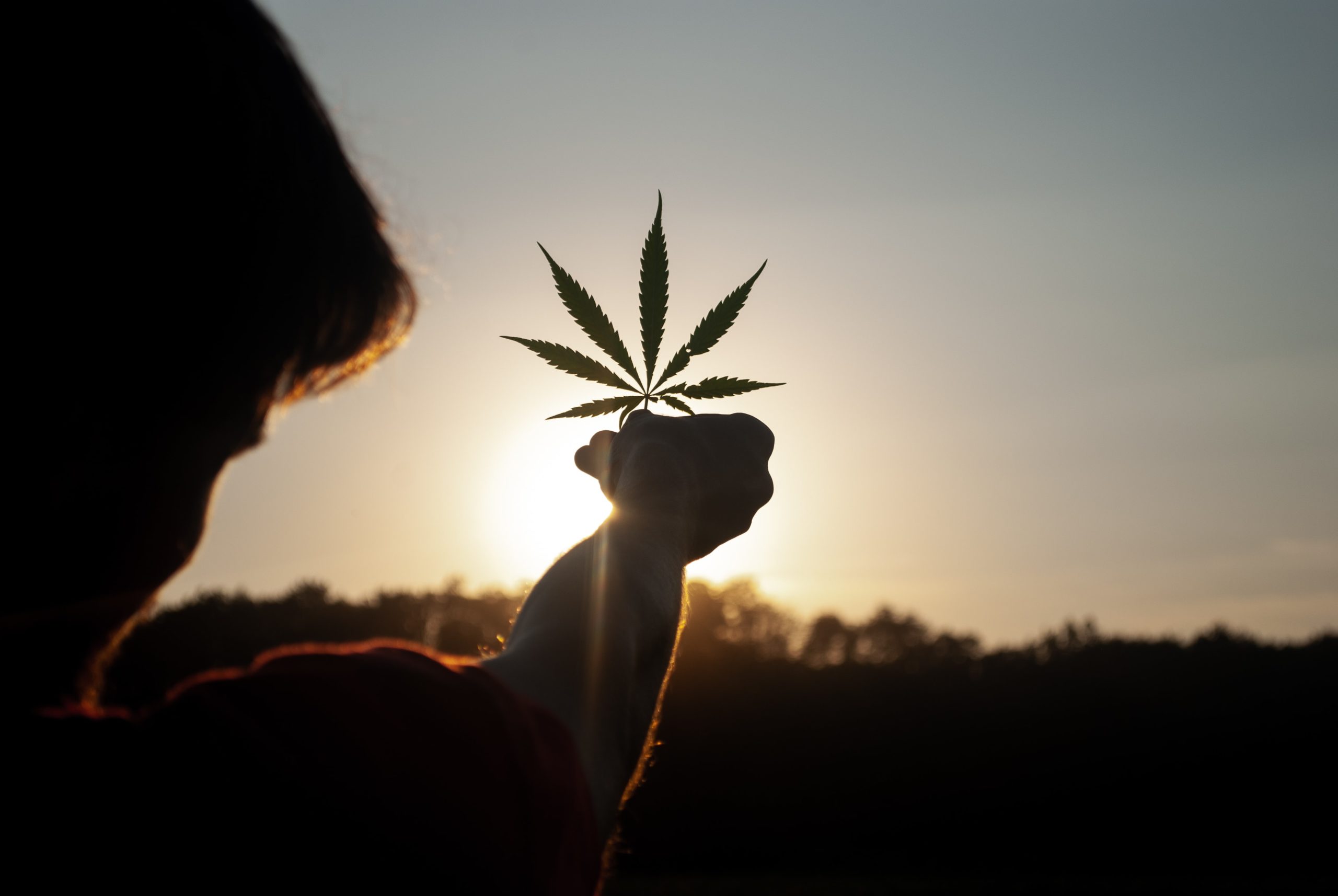
Spain has been Europe’s marihuana garden—its largest producer—for years, but in 2021 the country raised a bumper crop of the illegal drug, according to police.
El Pais reports that seizures of marijuana by police increased 64% from 2020 to 2021. Compared to 1.4 million plants seized in 2020, security forces confiscated 2.3 million plants in 2021.
With better aerial monitoring of marijuana plantations, thanks to drones and helicopters, marijuana growing in Spain has moved indoors. The spaces where cannabis is grown vary from abandoned buildings to ordinary residences, but these indoor marijuana plantations all need one essential thing—light, lots of it. Often illegal marijuana growers steal it by connecting illegally to electricity sources.
“The plantations of this drug are spreading more than ever in Spain as mafias steal amounts of electricity valued at 300 million euros, equivalent to the annual consumption of Palma de Mallorca [an island in the Mediterranean],” El Pais reported.
The effects of this intense, indoor marijuana production all too often reverberate in the local community in a surprising way. The intense electric power needed to grow hundreds of marijuana plants can result in a short circuit, leaving neighbourhoods where marijuana is grown without electricity.
In February, Spain’s National Police raided a flat in Granada that had been consuming an amount of electricity equivalent to 70 flats, NIUS Diario reported. In the apartment, they found a marijuana plantation that had been responsible for intermittent blackouts in the neighbourhood. Such scenarios have increased cooperation between law enforcement and electric companies to find illegal marijuana plantations through identifying areas of intense electricity use.
Madrid and the south of Spain—the regions of Cataluña, Valencia, and Andalucía, are the hotspots for cannabis growing.
A European report on drug trafficking released in May by Europol and the European Centre for Monitoring Drugs and Drug Addiction also notes that Spain’s southern coast, La Costa del Sol, has seen increased violence related to drug trafficking in the last ten years. Settling scores among traffickers of both marijuana and cocaine are the principal causes of the murders cited in the study.
The text refers explicitly to the Costa del Sol, where the authorities reported thirty-three homicides and murders, and two attempted homicides between the years 2018 and 2021. The Diario de Sevilla also reports that in the province of Seville, more than a dozen crimes—in which the motive was the settling of accounts related to the illicit drug business—have occurred in the same time frame.
The Europol report indicates that most of the victims registered in the south of Spain were EU citizens. Of the thirty-three deceased, thirteen were Spanish, eight were western Europeans with Belgian, Danish, Irish, French, and Swedish nationalities, and four were Eastern Europeans with Bulgarian, Croat, Lithuanian, and Slovak nationalities. There were three victims from Balkan countries such as Montenegro and Serbia, two from the United Kingdom, and three from Africa, specifically the Congo and Morocco.
In Spain, growing and possessing small amounts of marihuana, up to 100 grams, is legal. The far-Left party Unidas Podemas has been campaigning for the complete legalisation of the drug.